Is your culture more Meerkat or Peregrine Falcon? Full of Racoons or Ants? While we might think of ourselves as more sophisticated, Chris Lissaman compares us to the animal kingdom to help us identify and understand our company culture.
Homo sapiens. We have such sophisticated ways of surviving, communicating, and thriving. Yet even as the most esteemed of animals, we exhibit a range of social behaviours not uncommon in the wild. Behaviours we would argue are irrefutably logical prove to be… well… animal. What cultural values do we share with our mammalian, aquatic, or avian friends? Join me on a safari like no other to observe eight different cultures inspired by animals (reading in a David Attenborough voice optional).

Meerkat Culture
Meerkats exemplify teamwork, living in tight-knit clans where they take turns watching for predators (company competitors) while others forage or care for the young (i.e., junior staff). Their mutual support underscores the importance of collaboration.
Meerkat cultures value…
- Collaboration
- Teamwork
- Shared workload
- High support
- Strong social bonds

Google is renowned for its collaborative culture, encouraging teamwork through
open workspaces and shared projects.
Dolphin Culture
Dolphins are known for their intelligence and resourcefulness, using tools and developing unique hunting techniques (even if they aren’t sales experts). For example, some dolphins now use sponges for protection as they forage on the seabed. Not just intelligent, but innovative.
Dolphin cultures value…
- Innovation
- Intelligence
- Creativity
- Experimentation
- Problem-solving
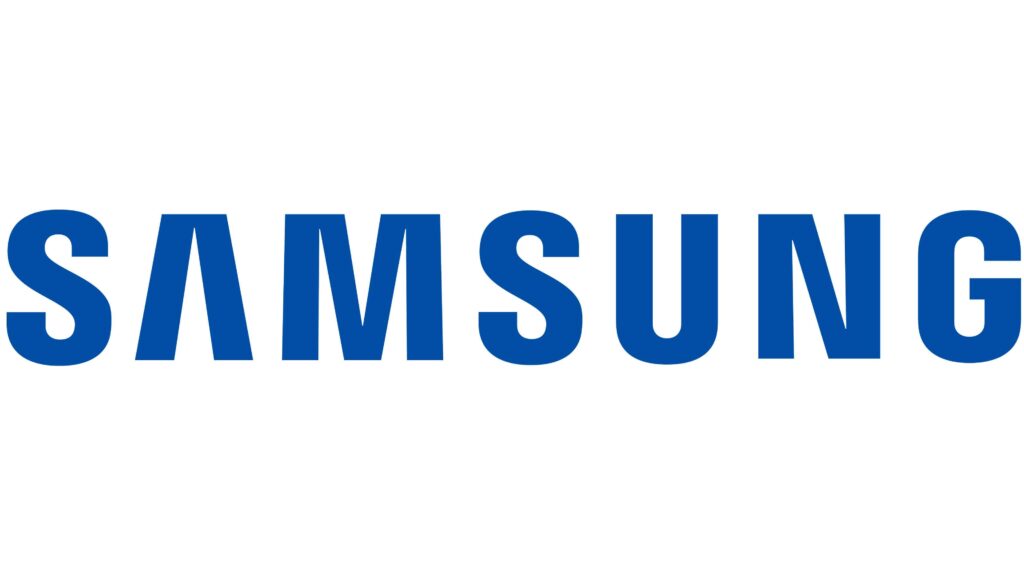
Samsung is famous for its innovative culture, consistently pushing technological boundaries and enhancing product design.
Ant Culture
Ants operate meticulous processes, focusing on the needs of their colony. Each ant plays a specific role, ensuring the colony thrives through dedicated service. We all know what happens when there’s a need (like a disturbance of their nest) —- all-out action from everyone.
Ant cultures value…
- Specific roles
- Dedication
- Service
- Responsiveness
- Embracing change

Amazon is recognised for its
customer-centric approach,
constantly seeking feedback and
improving customer experience.
Peregrine Falcon Culture
The fastest animals on the planet, peregrine falcons, use precision and efficiency to great effect. They set the standard for organic speed. Not just speed merchants, at other times they’re reserving energy or circling ready to swoop. Peregrine falcon cultures ride the wind of high performance.
Peregrine falcon cultures value…
- High performance
- Speed
- Precision
- Goal achievement
- Efficiency
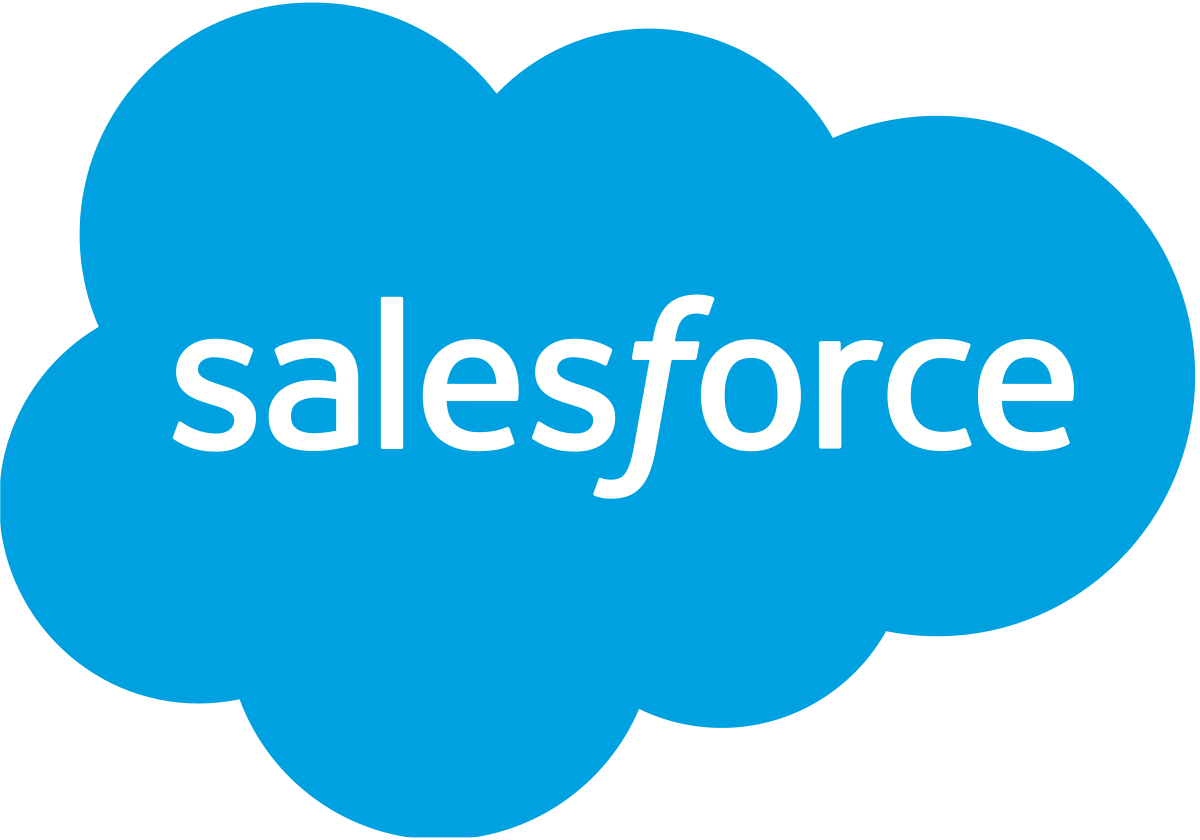
Salesforce is known for its performance-driven culture, with a focus on results and accountability among employees.
Racoon Culture
Raccoons thrive in diverse environments, showcasing remarkable resourcefulness and problem-solving abilities. Their adaptability makes them survivors. Racoon cultures can shift priorities and quickly switch to selling new products or maximising new tools.
Racoon cultures value…
- Agility
- Adaptability
- Resourcefulness
- Rapid learning
- Resilience
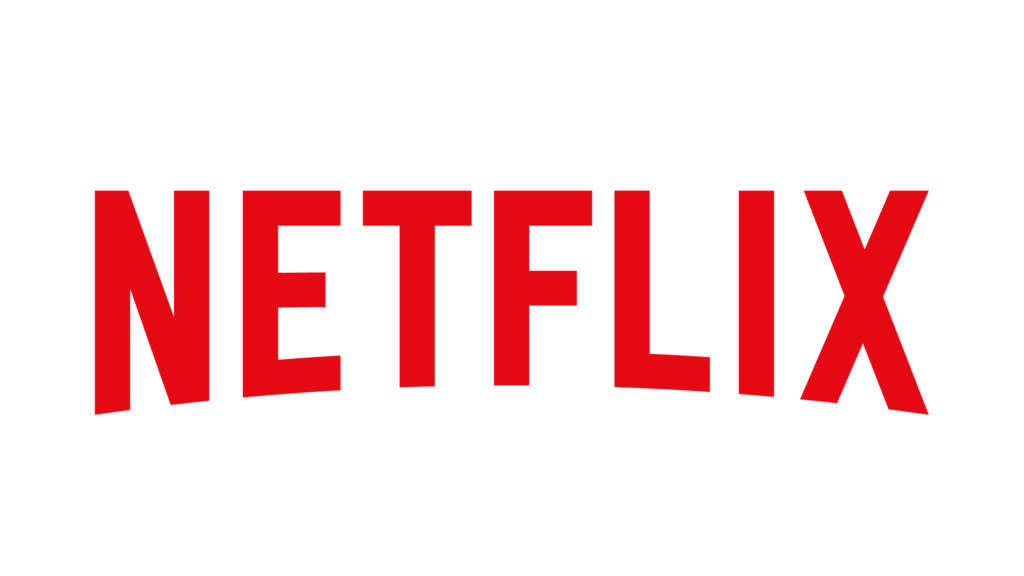
Netflix has a reputation for its adaptive culture, quickly responding to changing market demands and audience preferences.
Bonobo Culture
Bonobos are known for their peaceful and cooperative societies, emphasising empathy and conflict resolution. Bonobo cultures prize integrity and foster strong relationships.
Bonobo cultures value…
- Integrity
- Trust
- Relationships
- Empathy
- Ethical behaviour
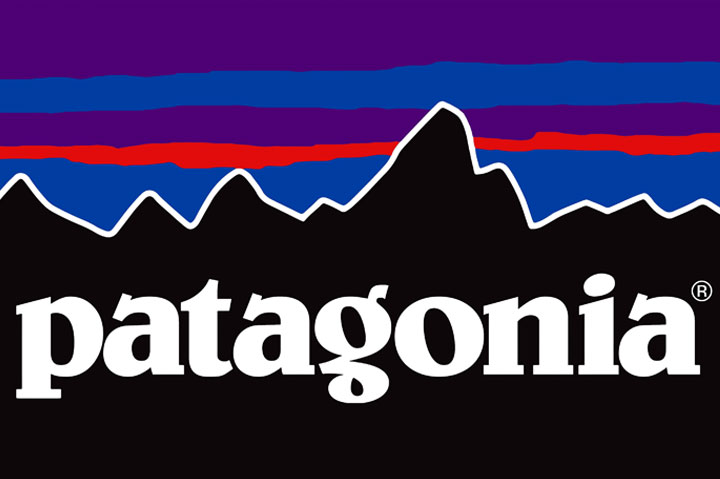
Patagonia is celebrated for its commitment to social responsibility and ethical business practices, fostering an integrity-based culture.
Lion Culture
Lions exemplify competition, with males vying for dominance for their next meal (getting the gazelle is like getting Employee of the Month). In lion (and lioness) cultures, a competitive nature drives performance and leadership.
Lion cultures value…
- Competition
- Success
- Pride
- Leadership
- Dominance
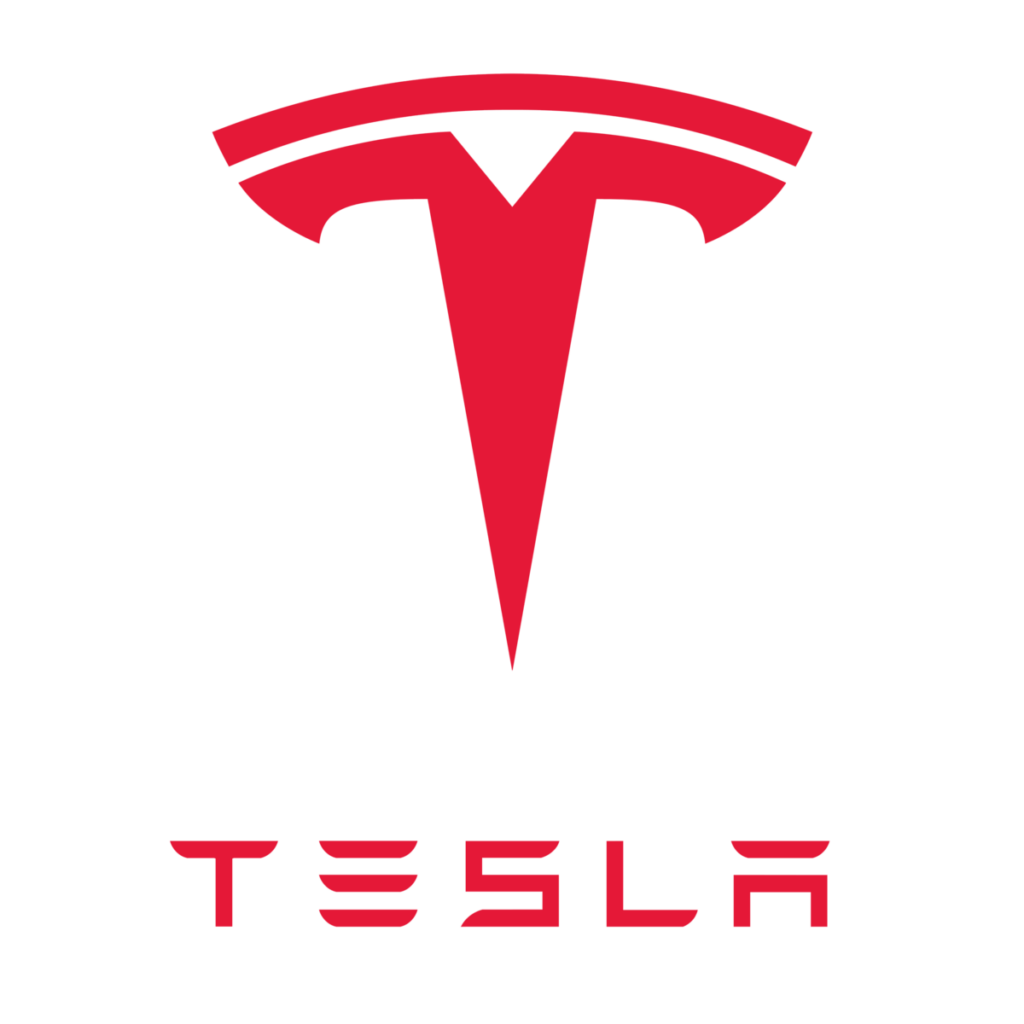
Tesla is known for its competitive culture, driving innovation and performance in the electric vehicle market.
Orca Culture
Orcas pass knowledge down through generations, underscoring the importance of learning and development in their social structures. Orca cultures know ‘the way’ to do what they do. It’s learnt, followed, and taught. People in orca cultures tend to pick up the ways of doing things from their more seasoned colleagues.
Orca cultures value…
- Learning
- Teaching
- Development
- Mentorship
- Transparency
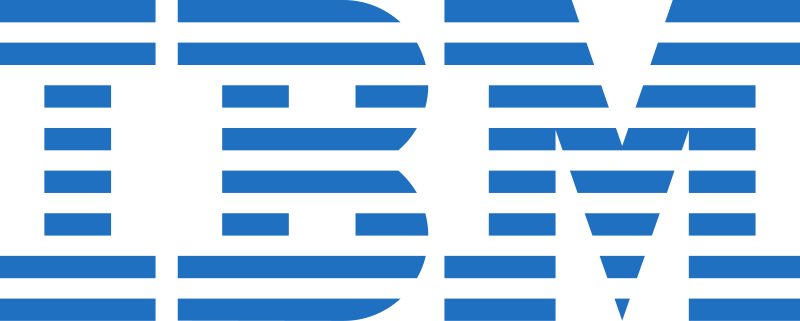
IBM emphasises continuous learning and development, offering extensive training programmes and mentorship opportunities.
Observing the behaviours and social structures of these remarkable species provides valuable insights into collaboration, innovation, customer-centricity, performance, adaptability, integrity, learning, and competition. Which animal culture feels familiar? (Tip: to help identify your culture, tick ten of the values above and pick the culture with the most ticks). And, perhaps more importantly, which would we like our team or organisation to become?
